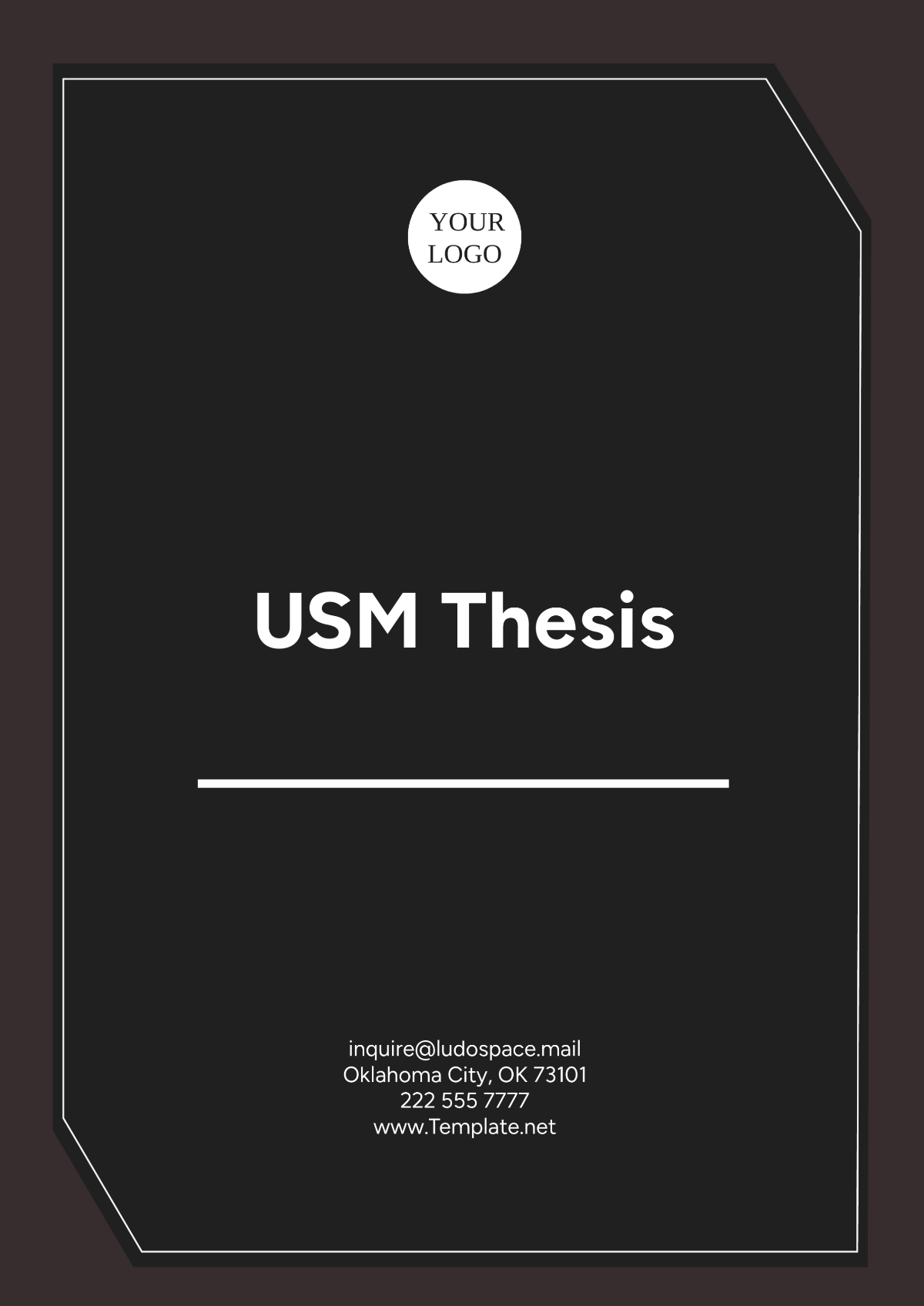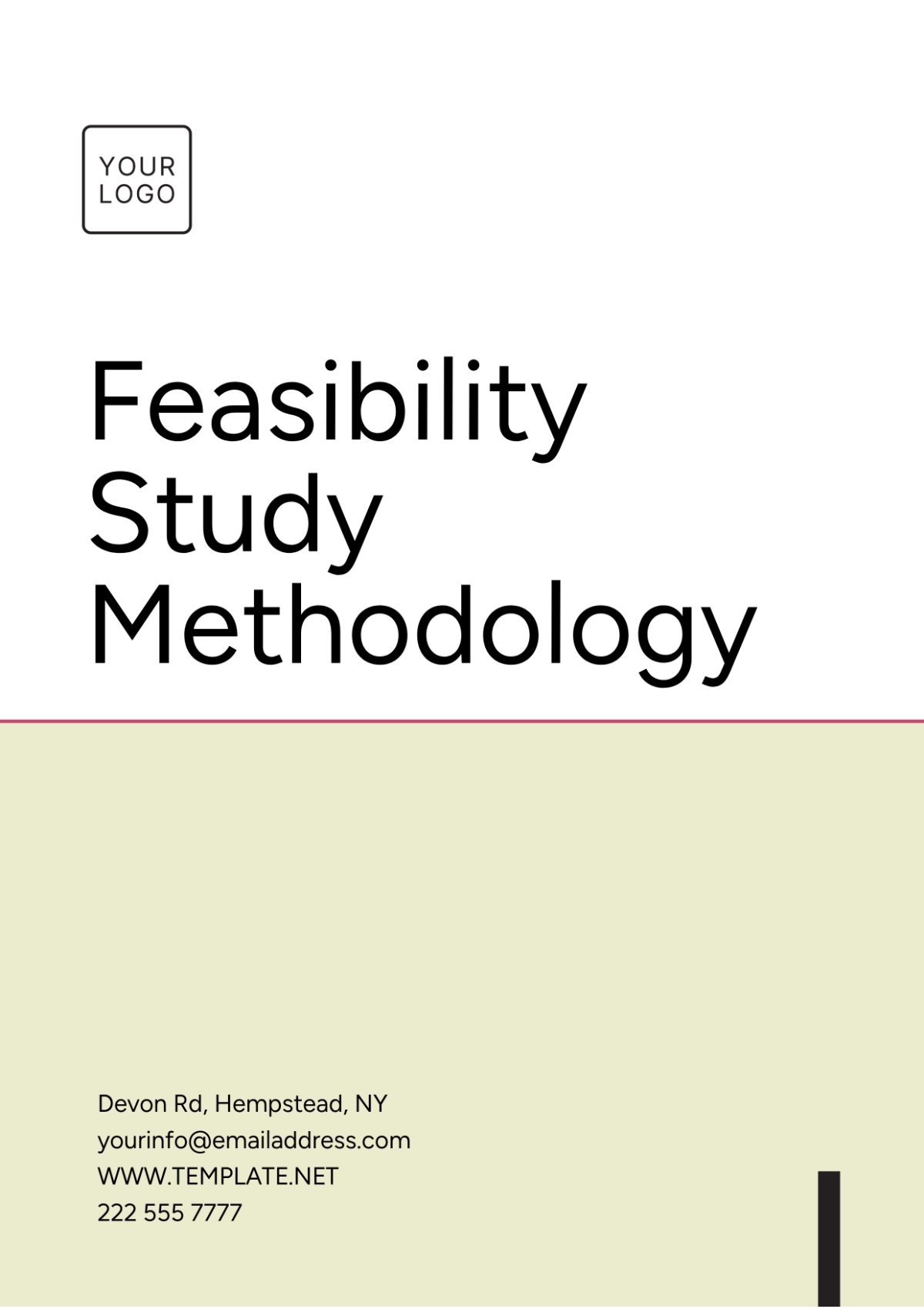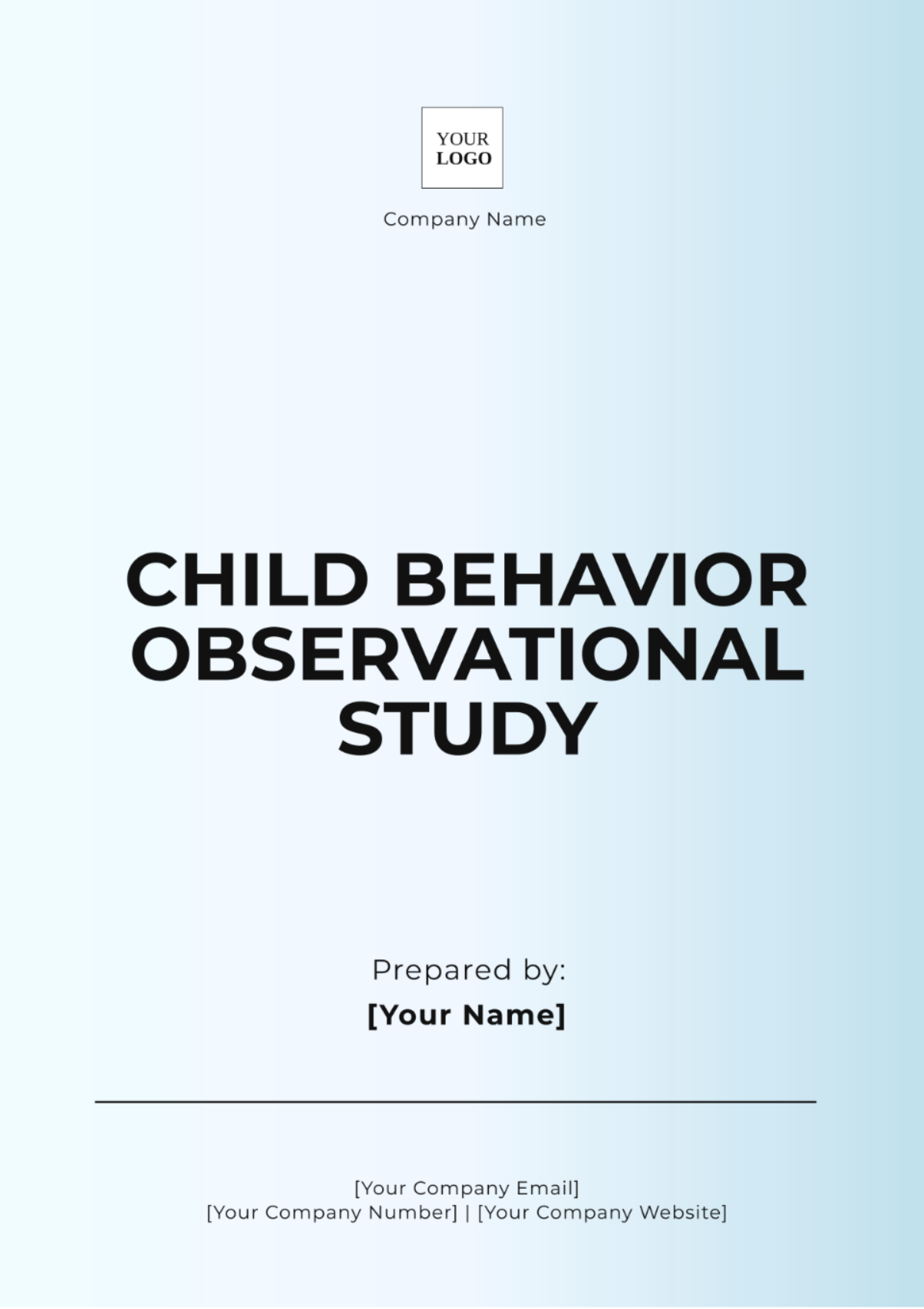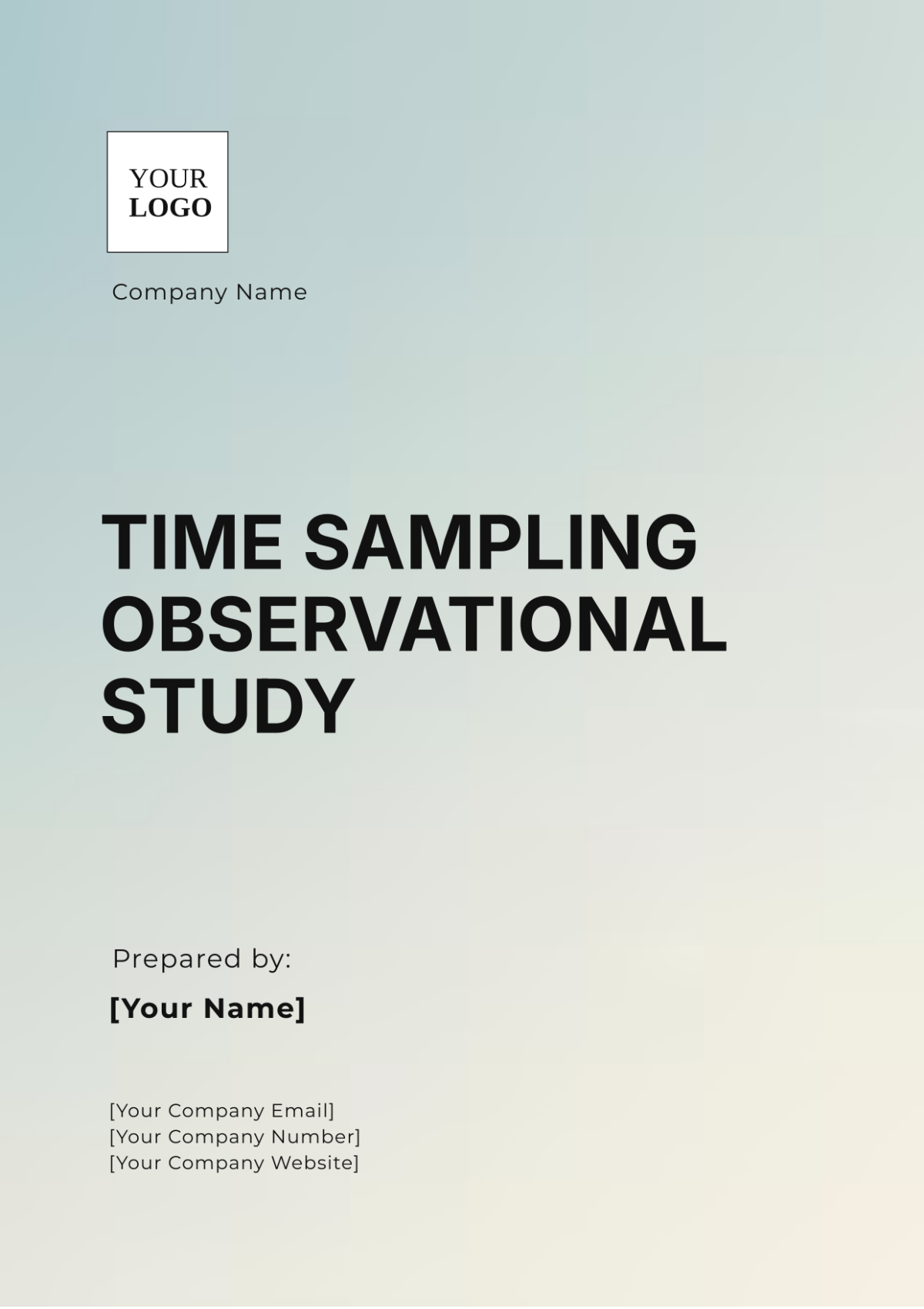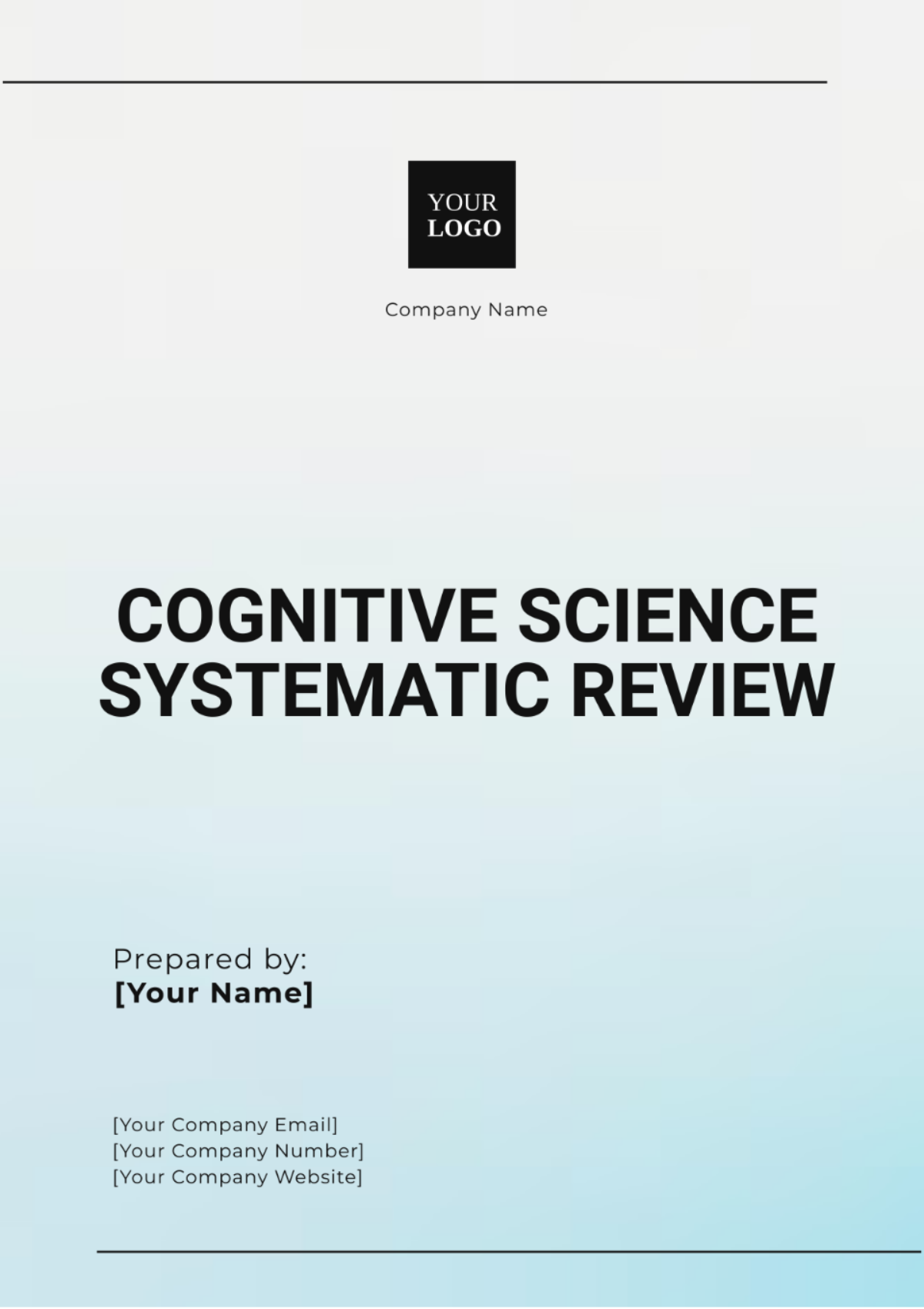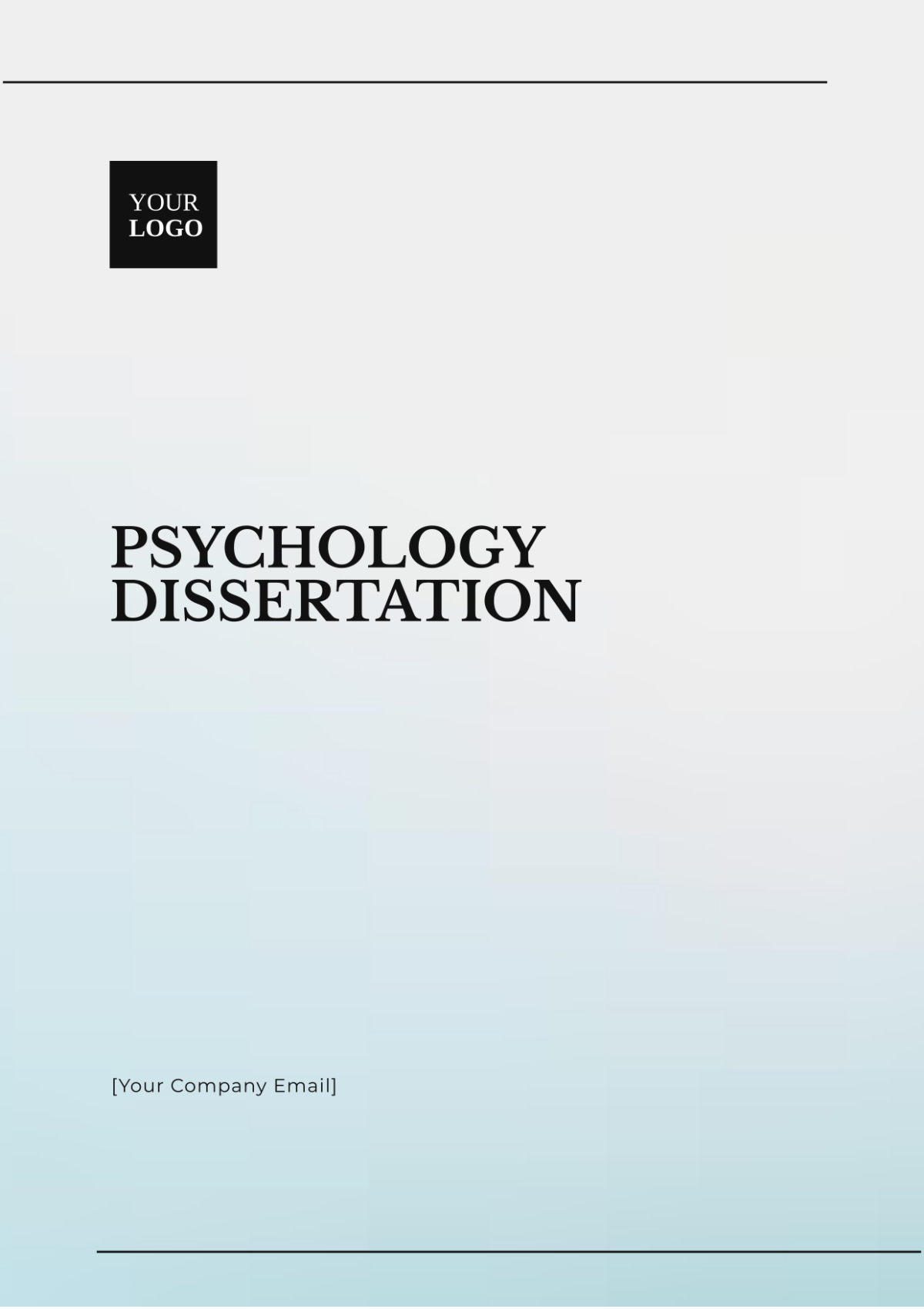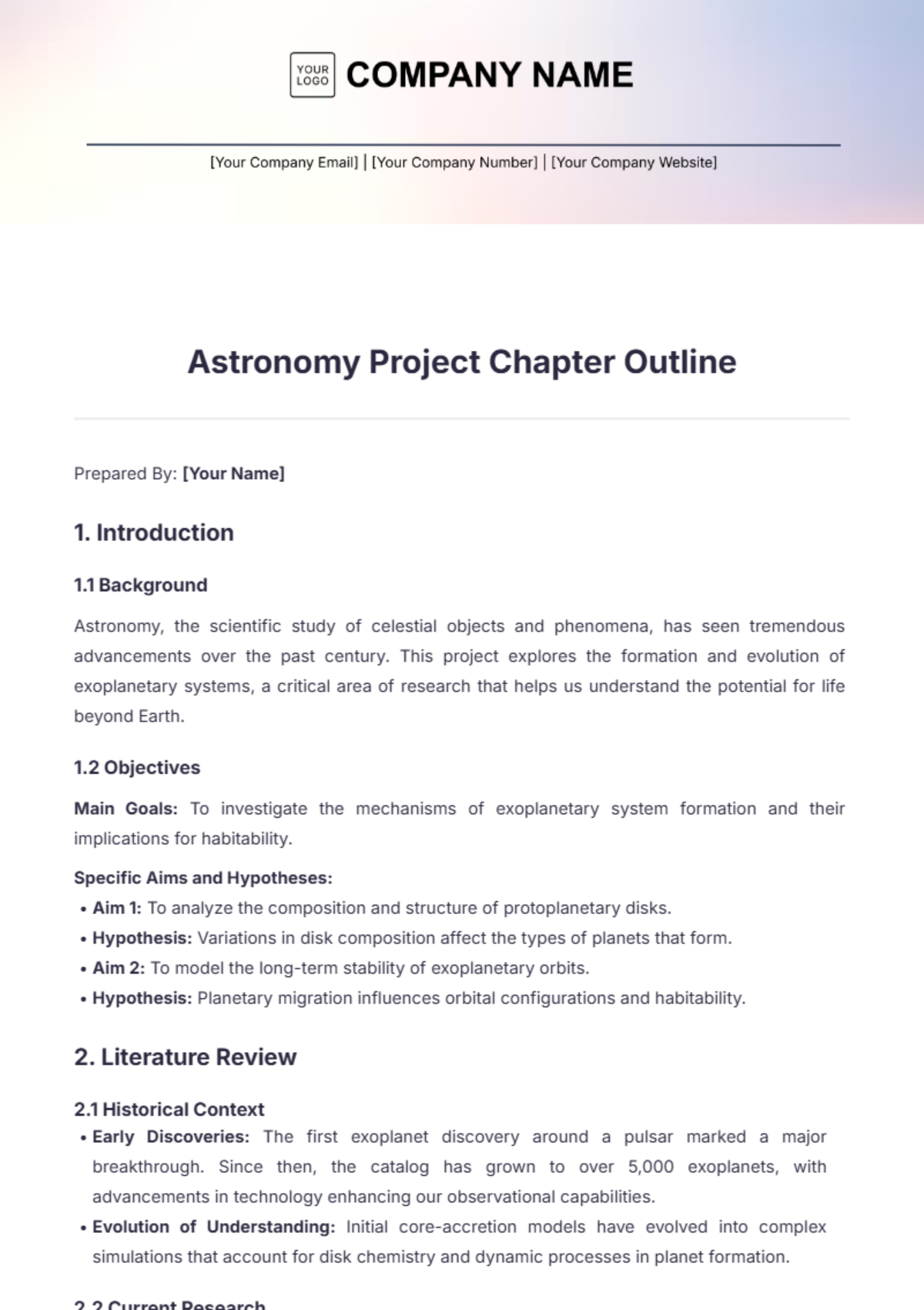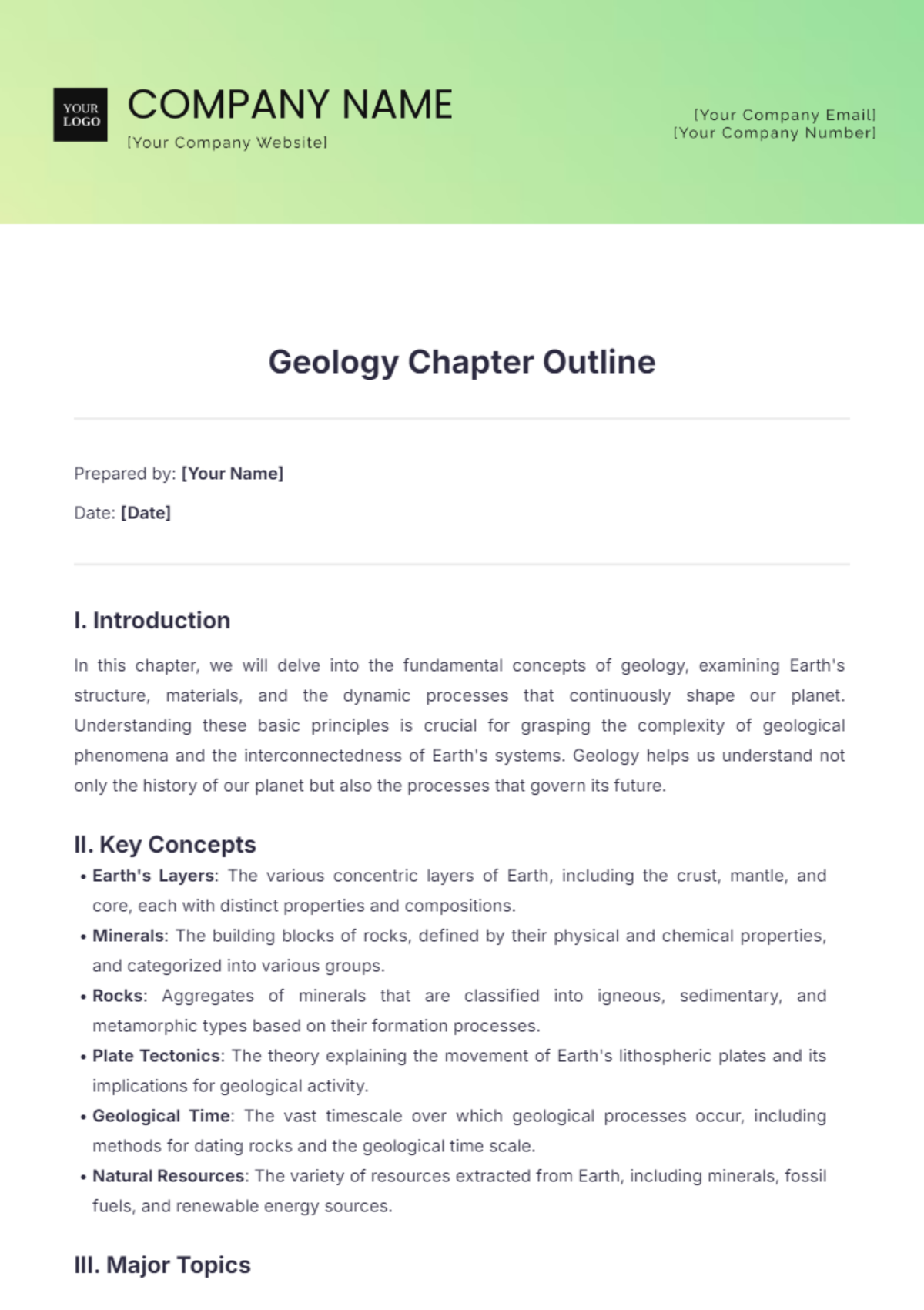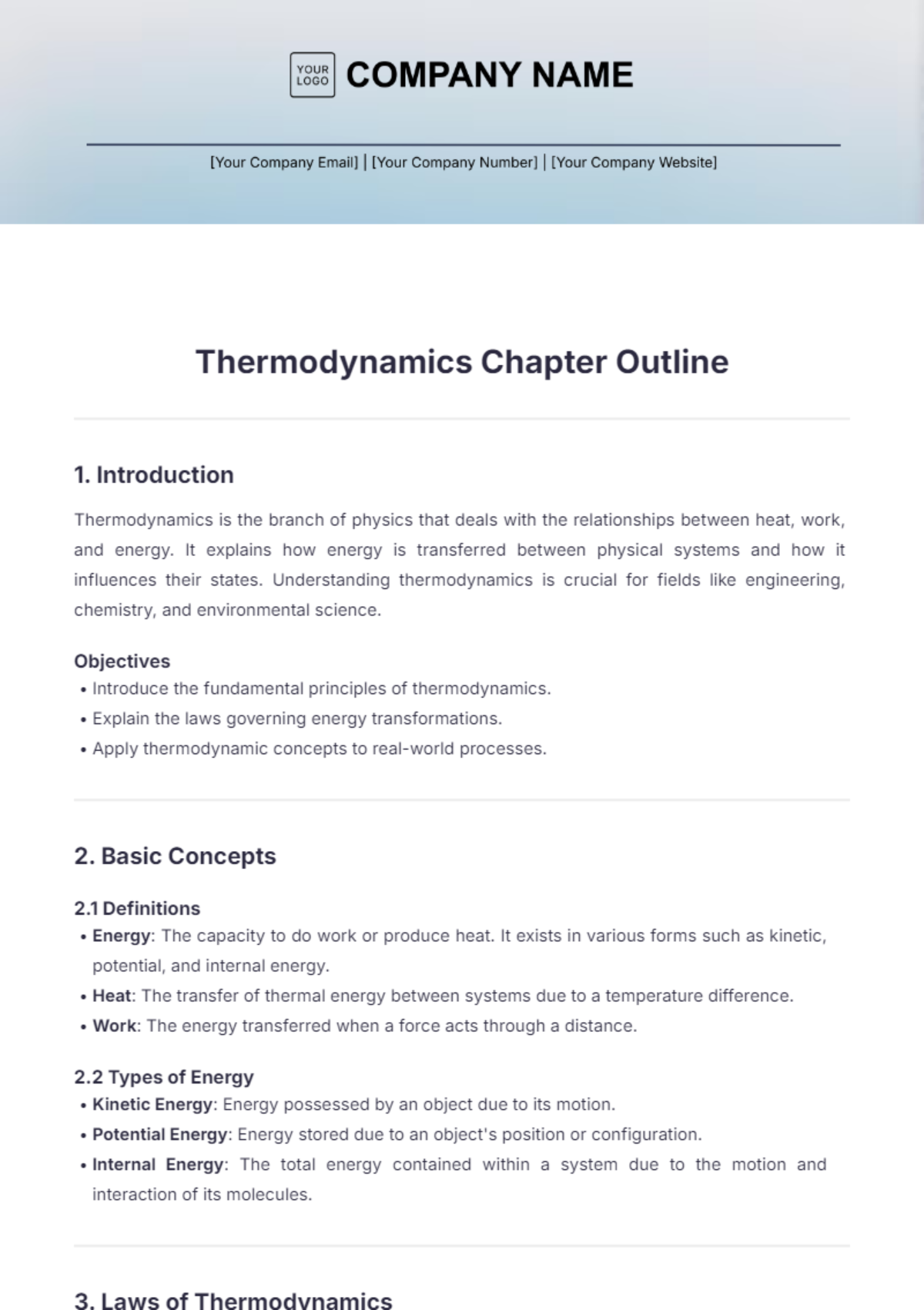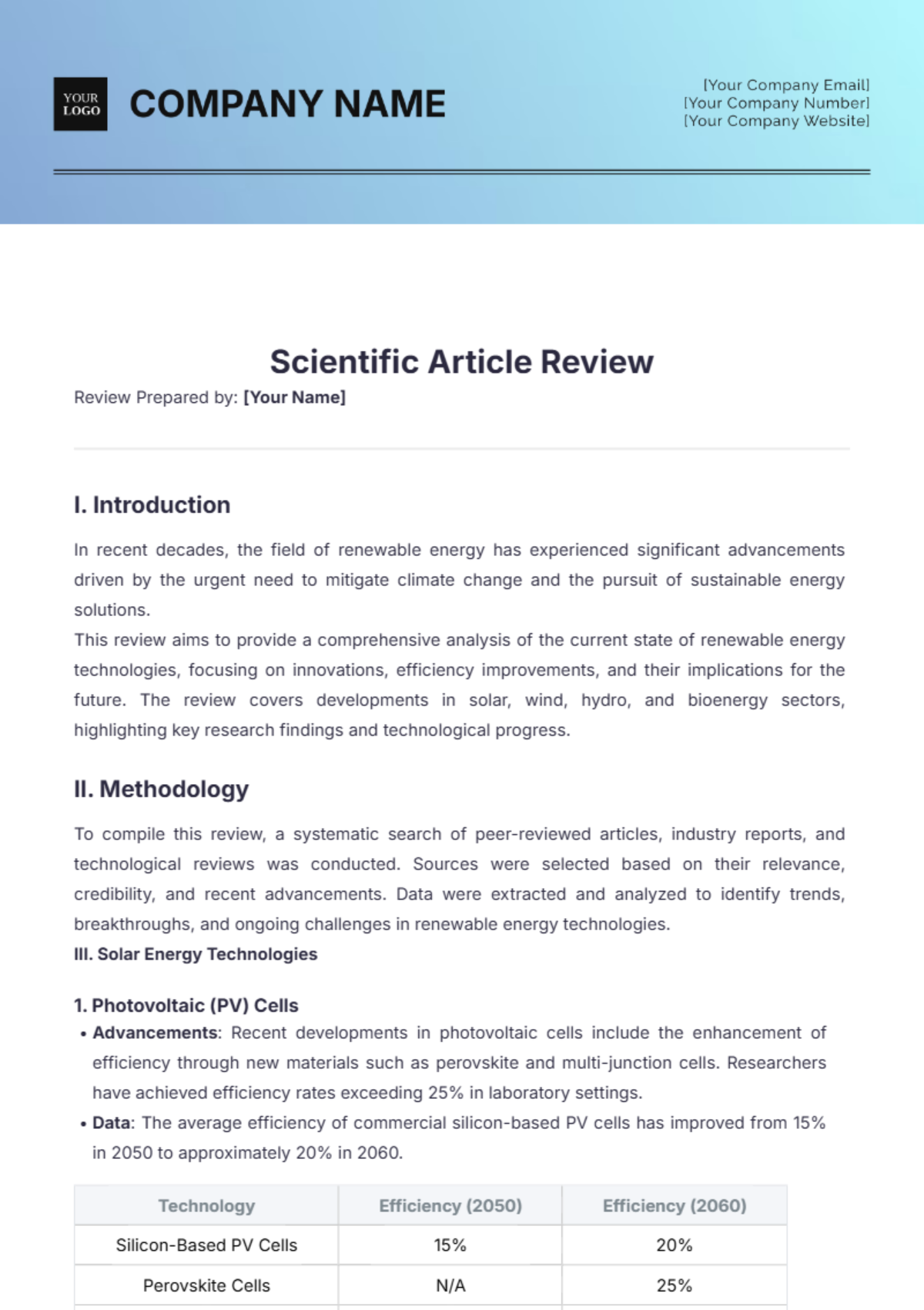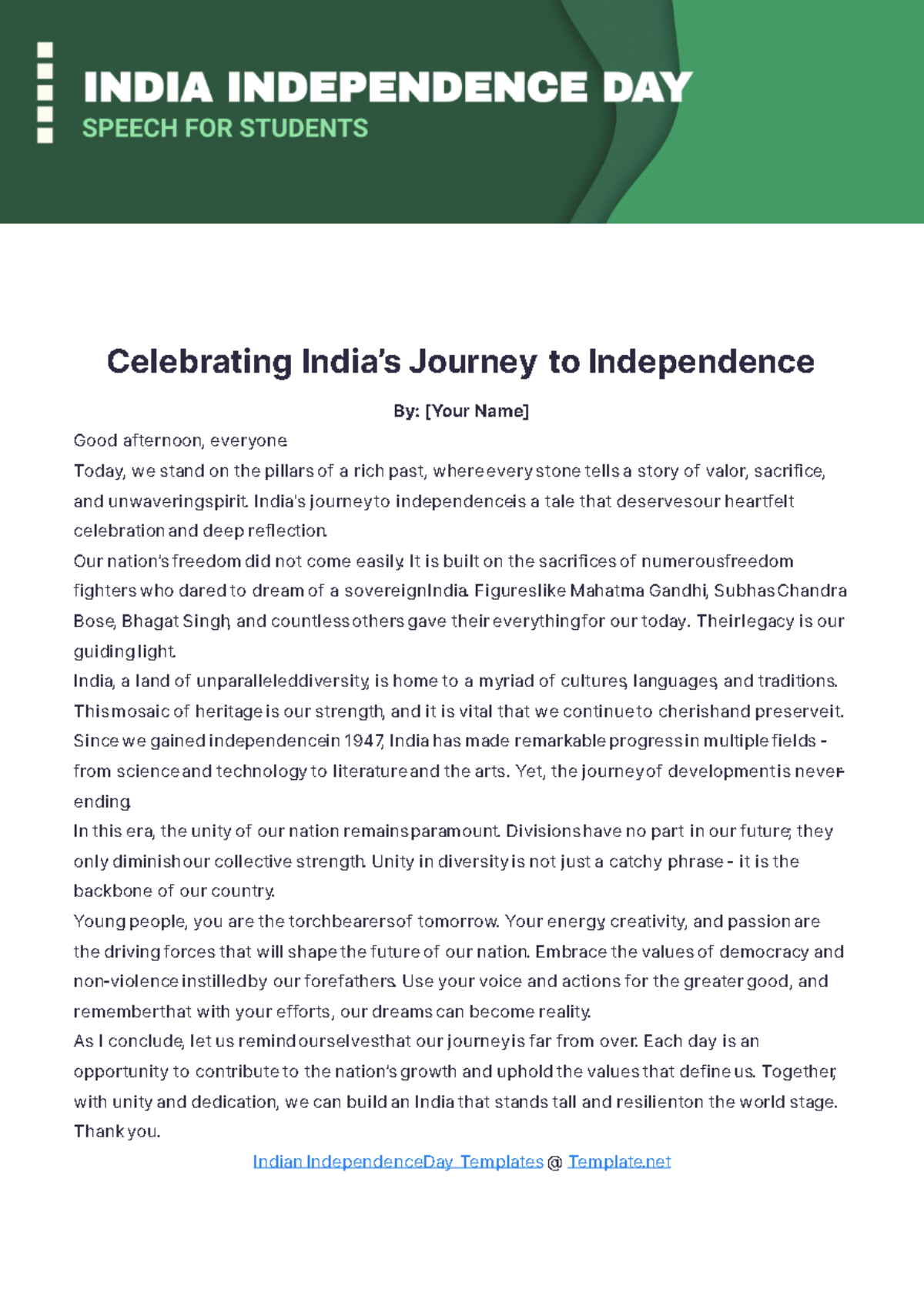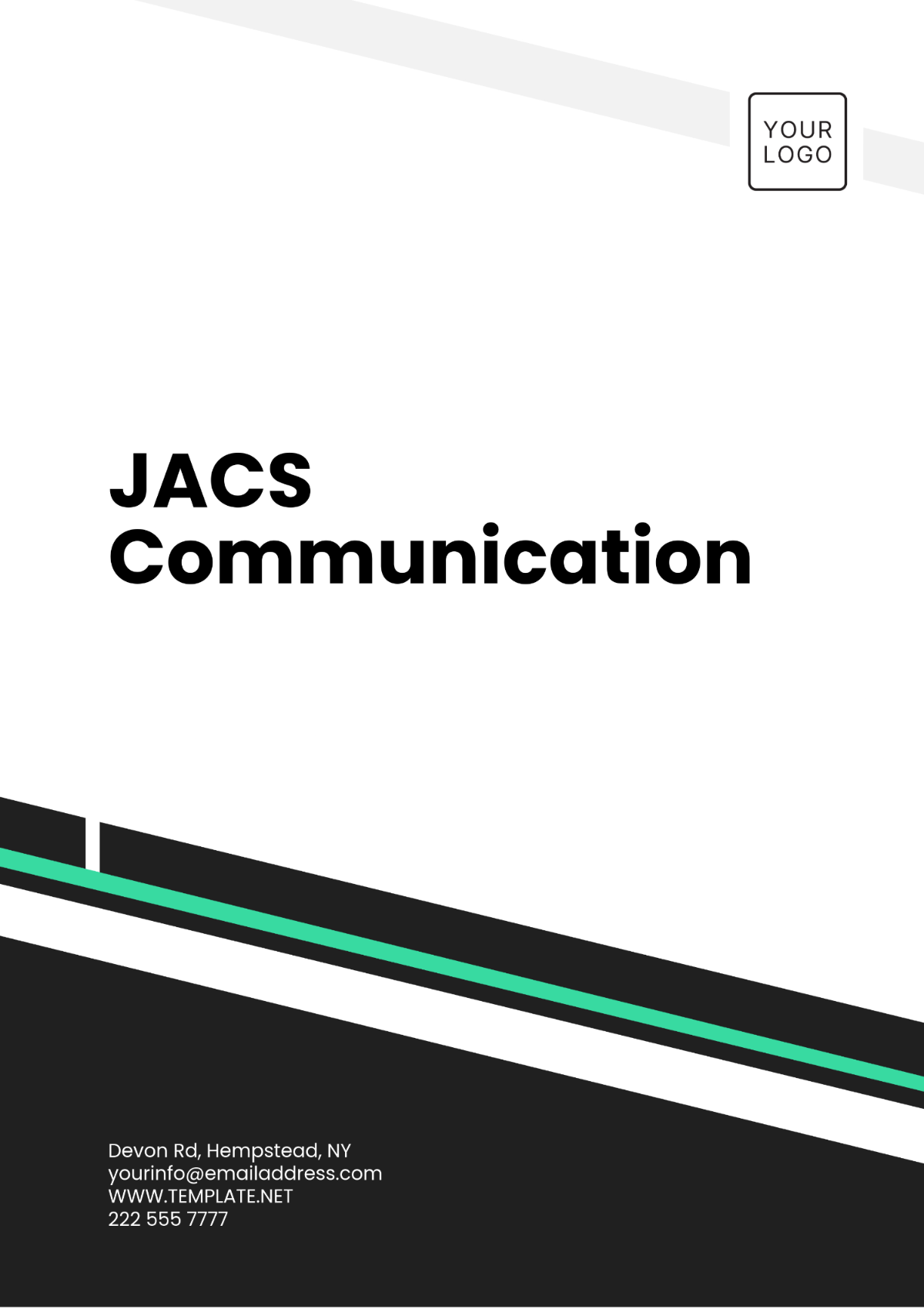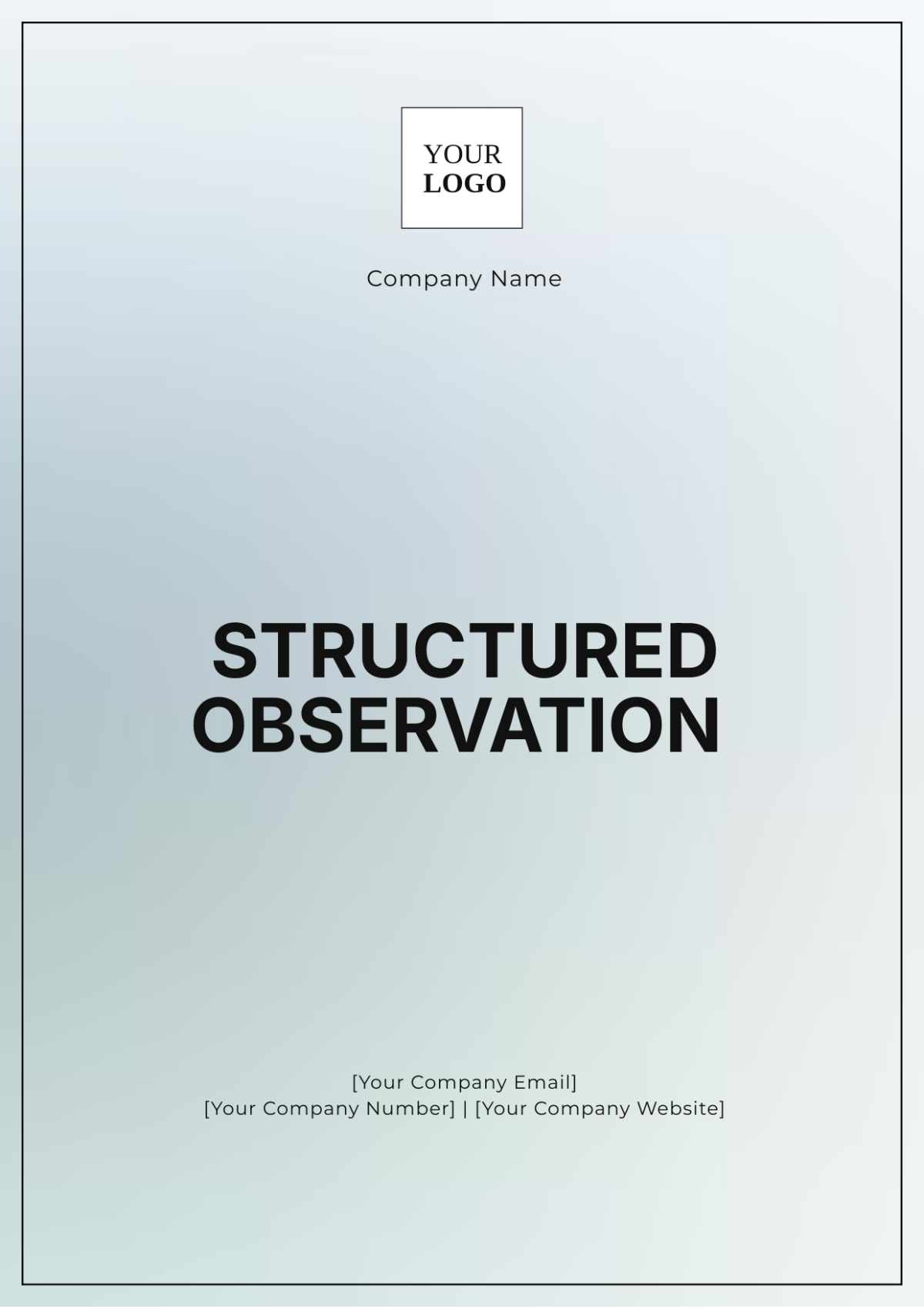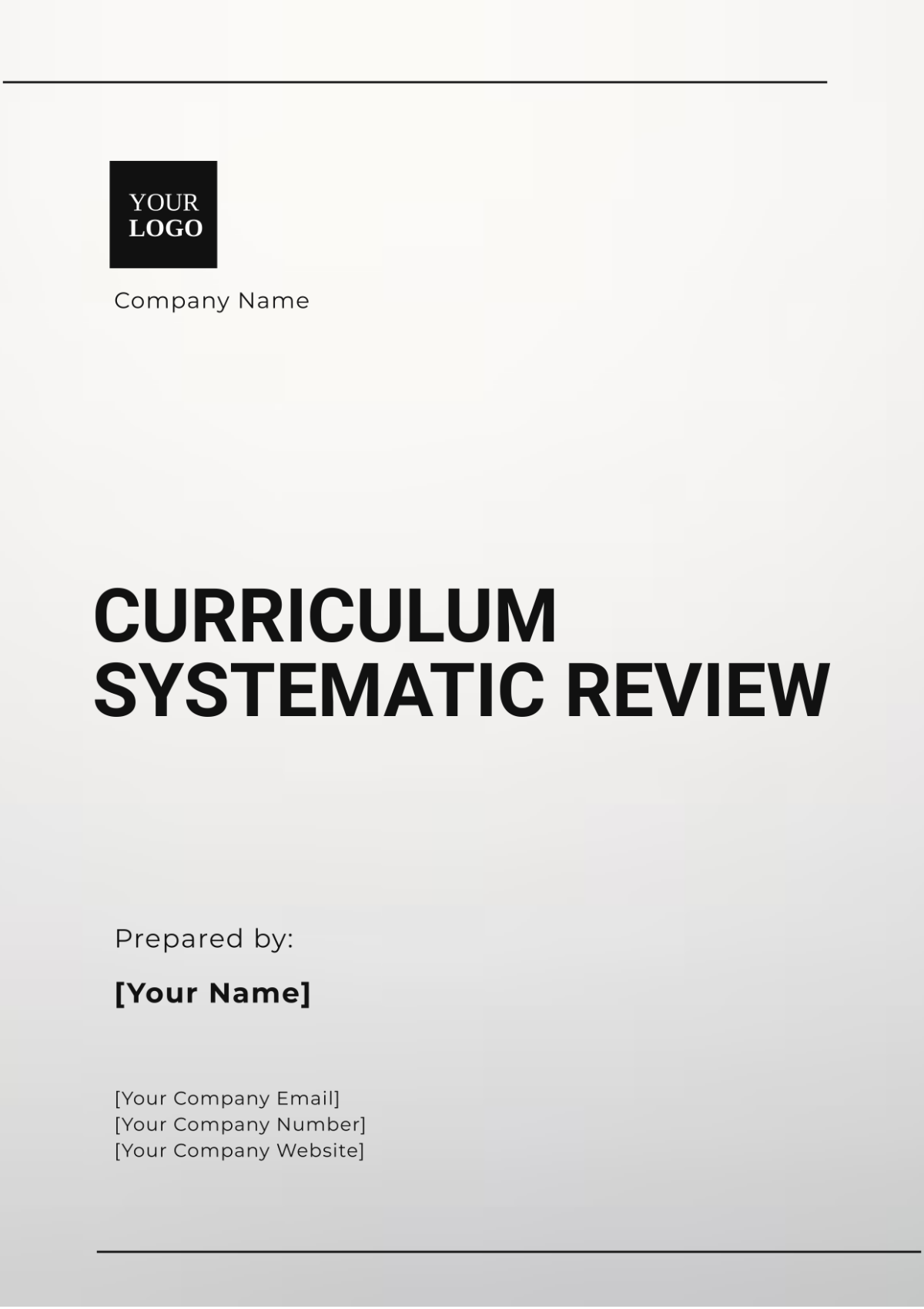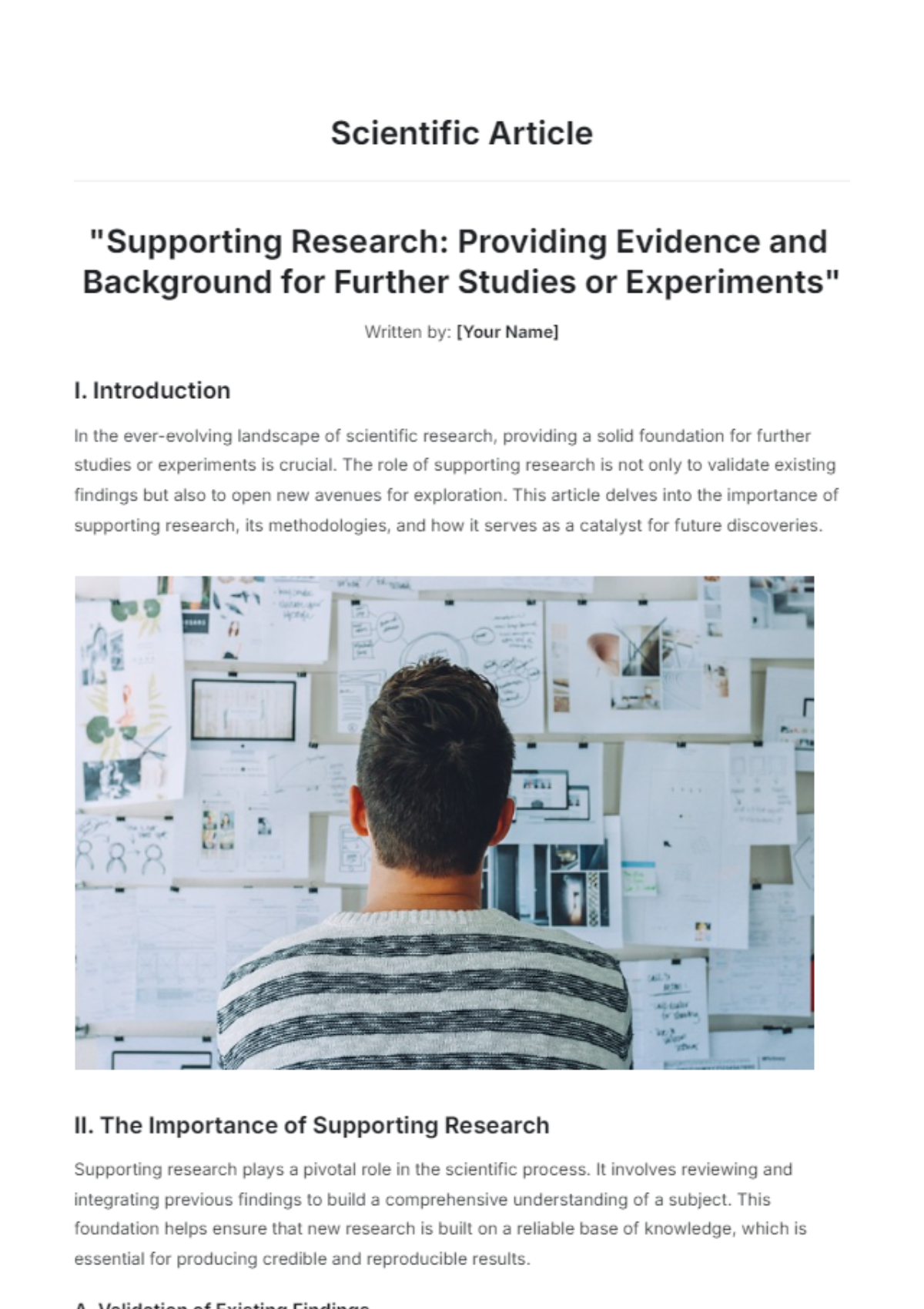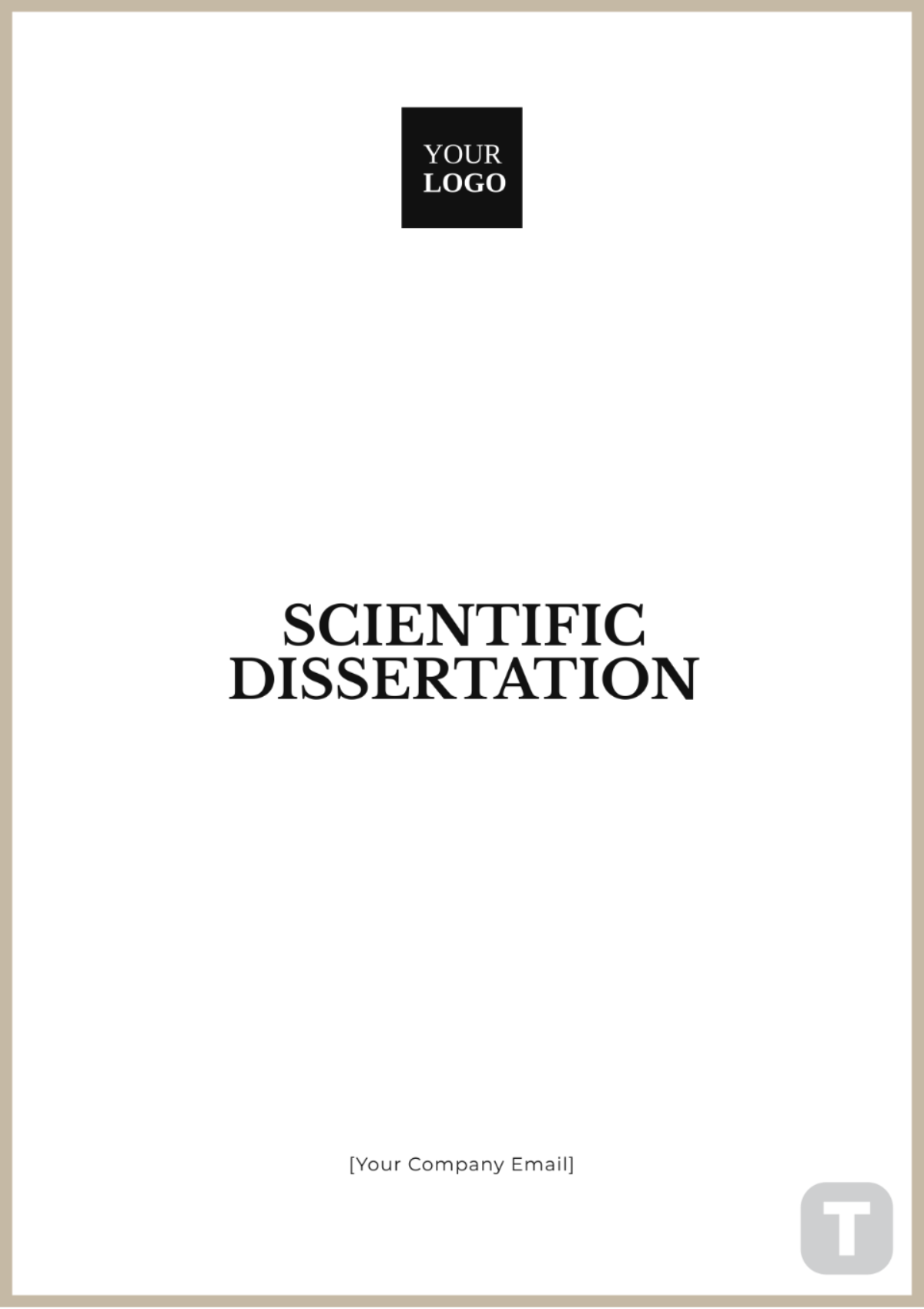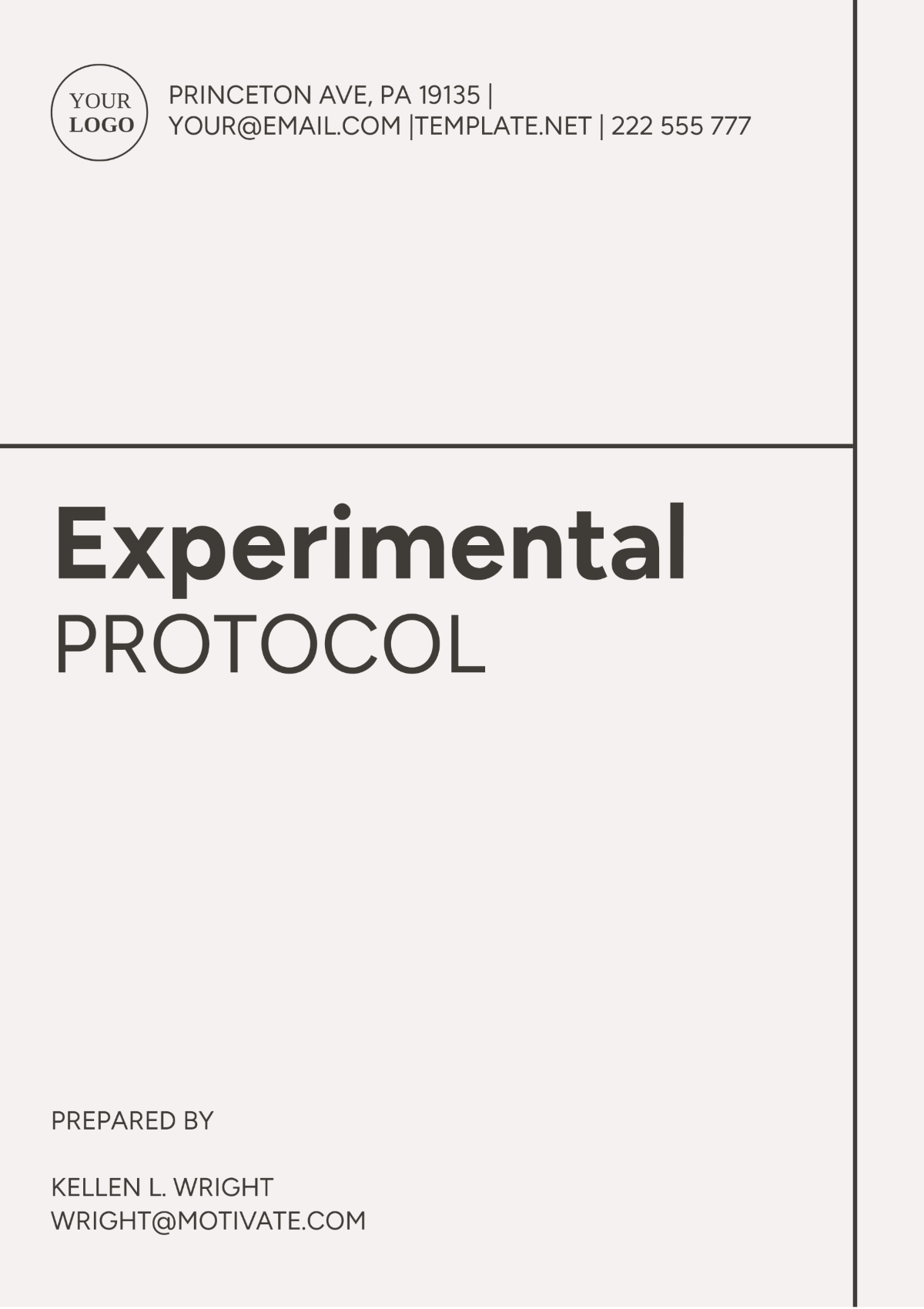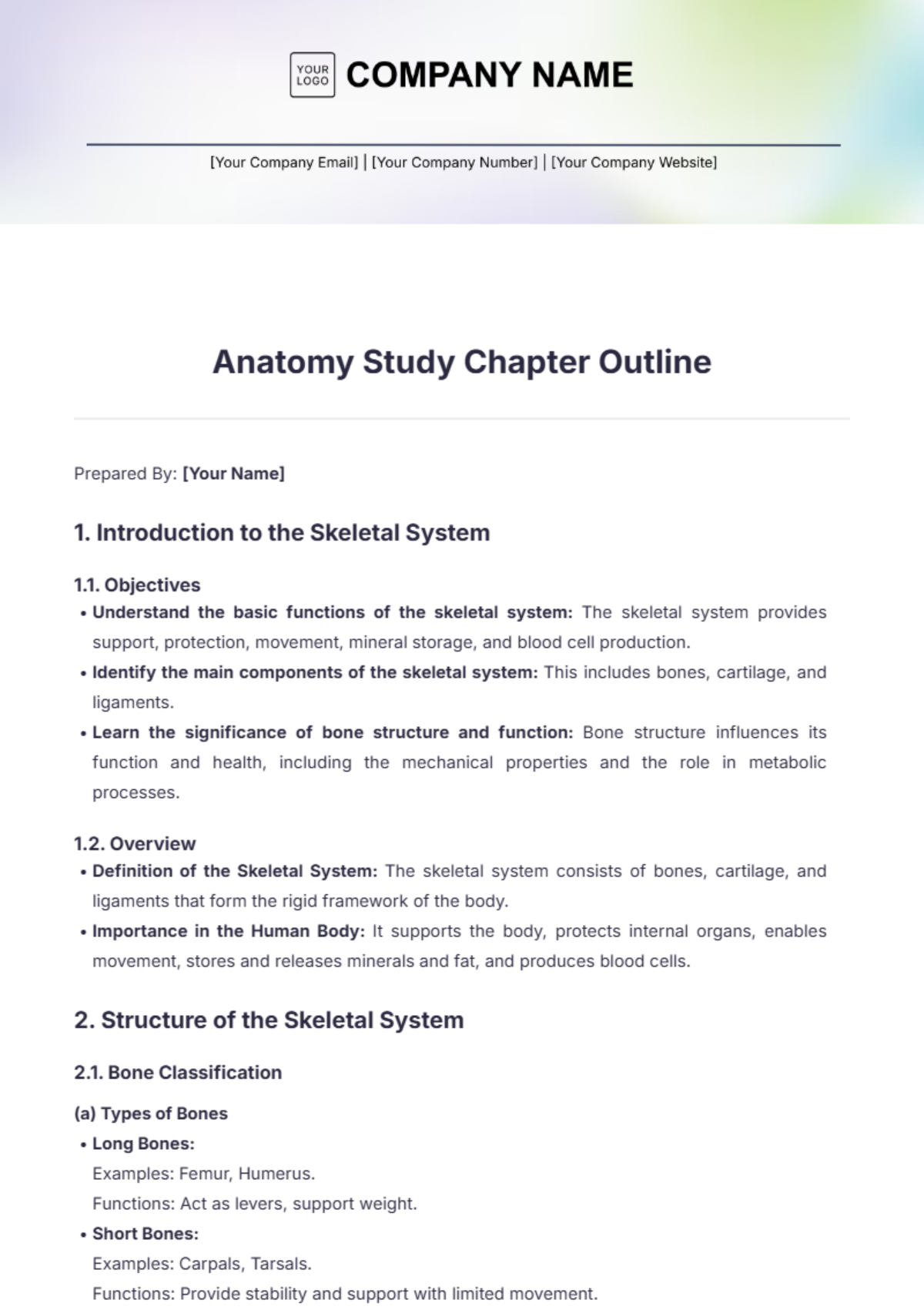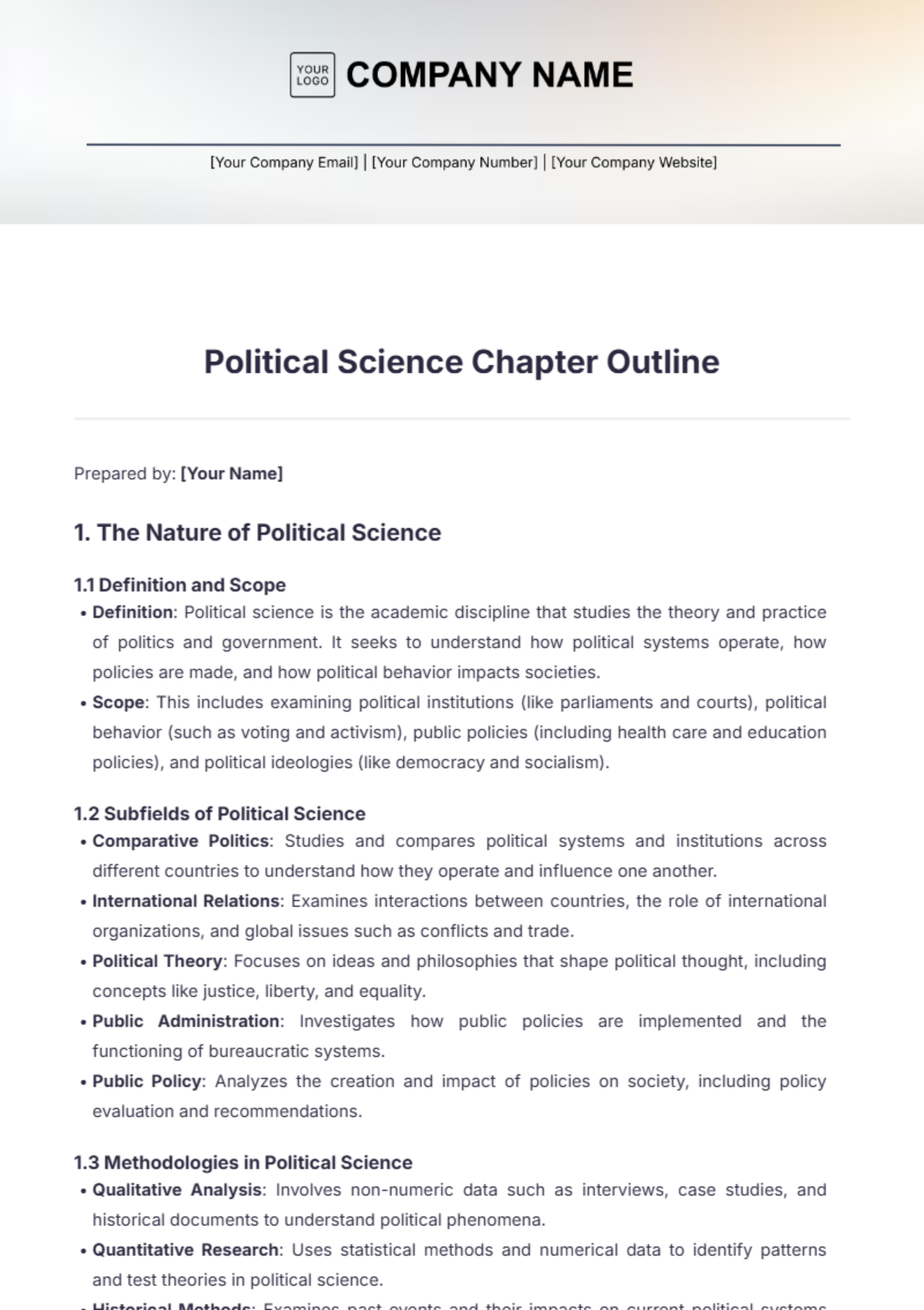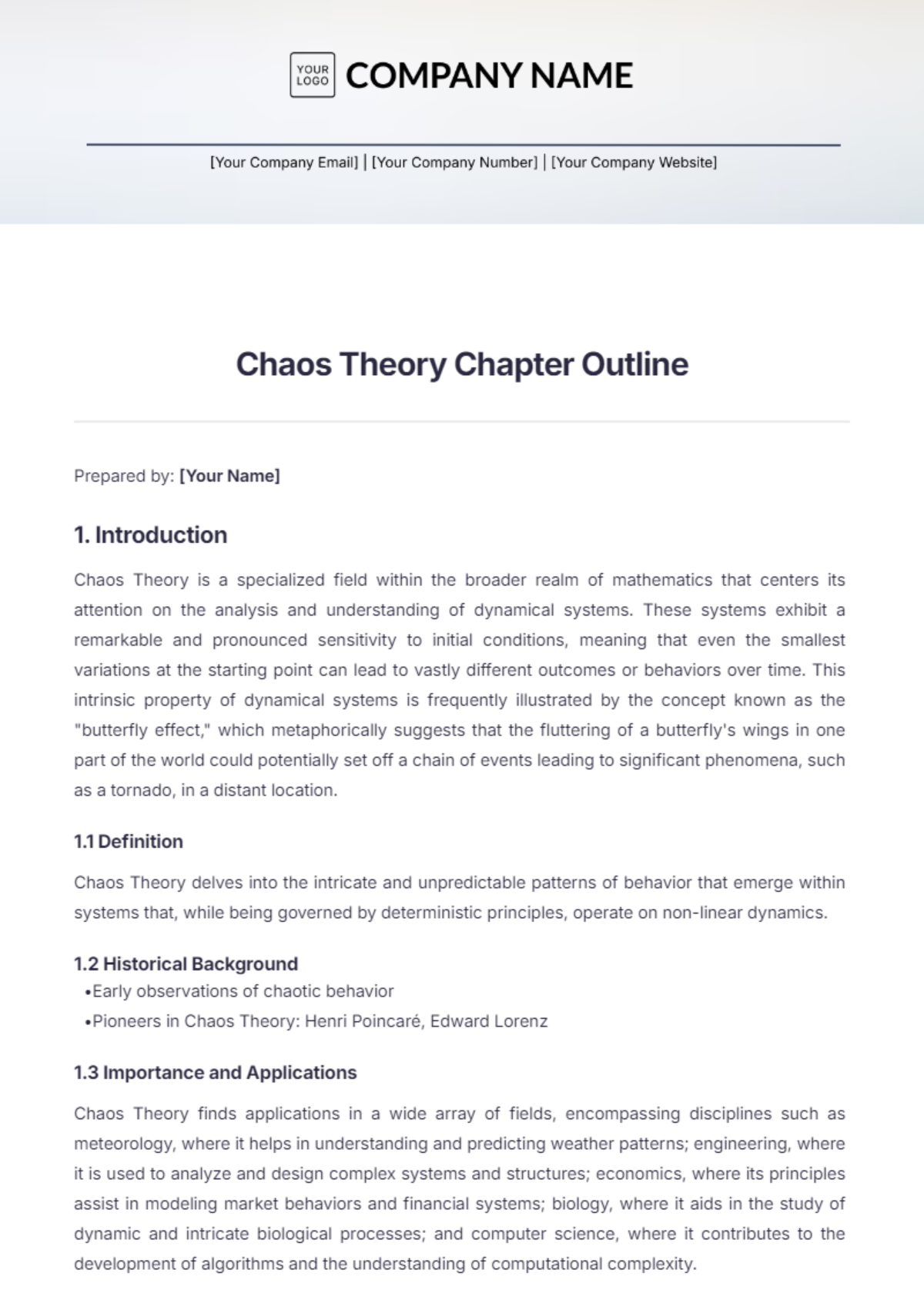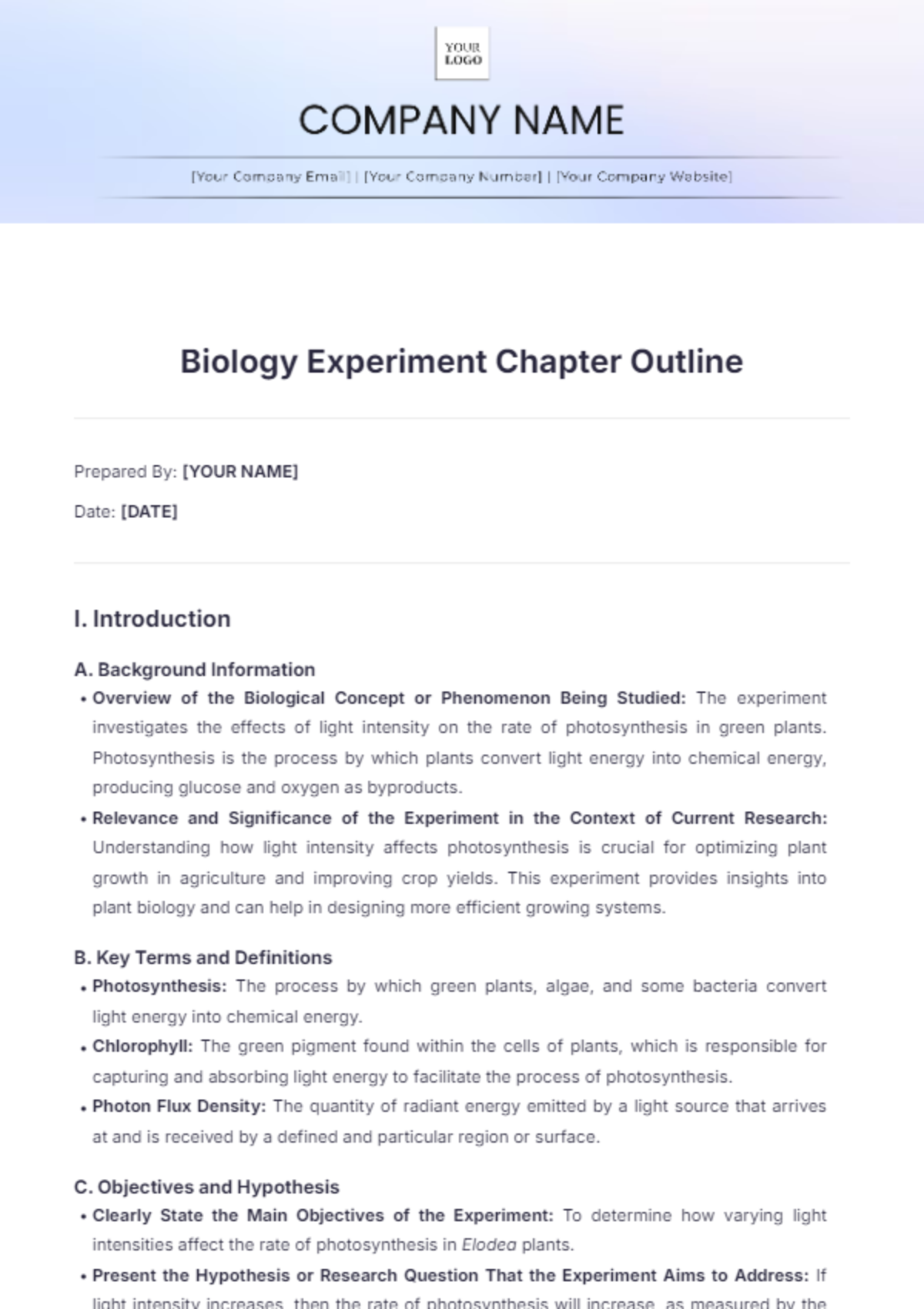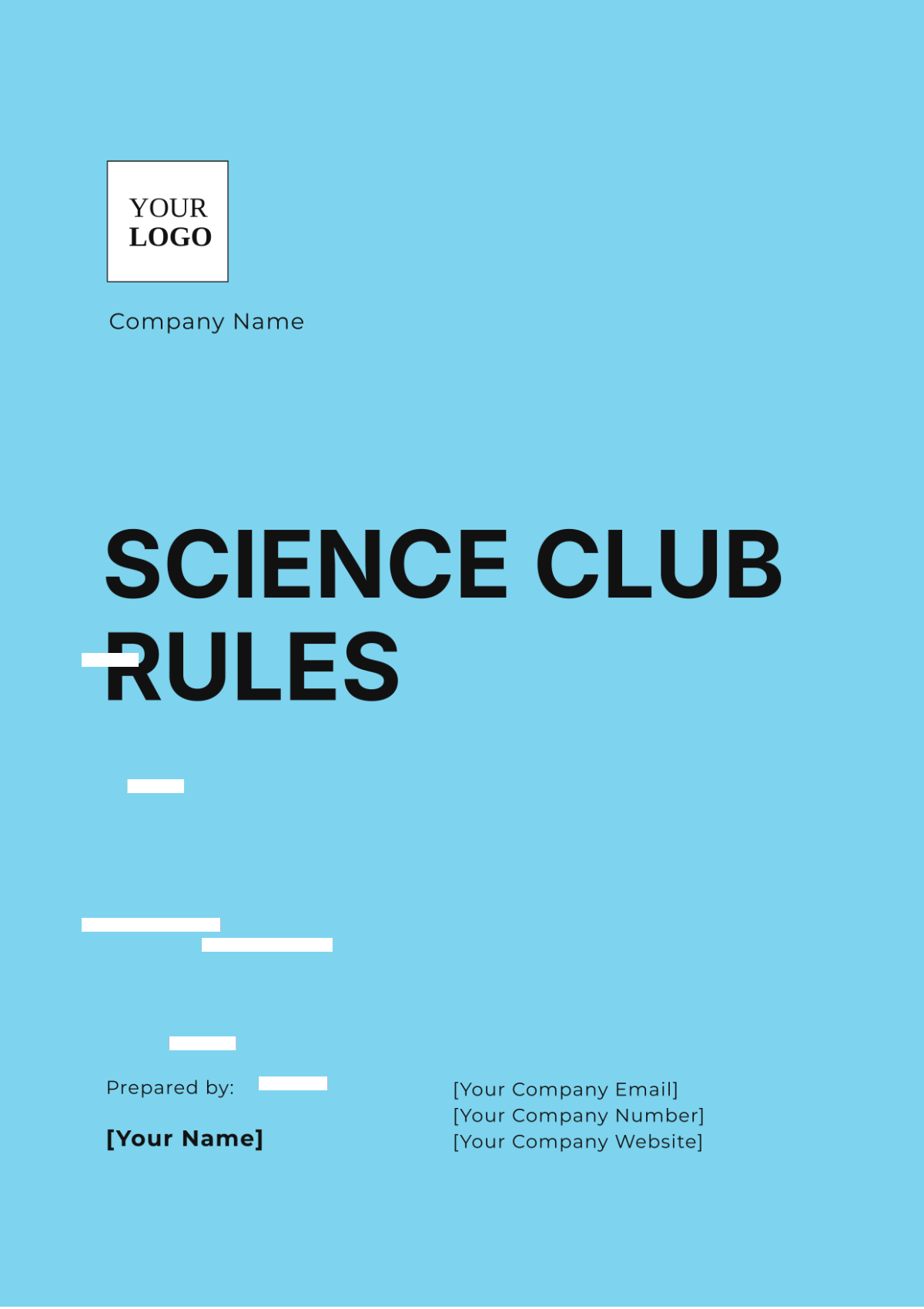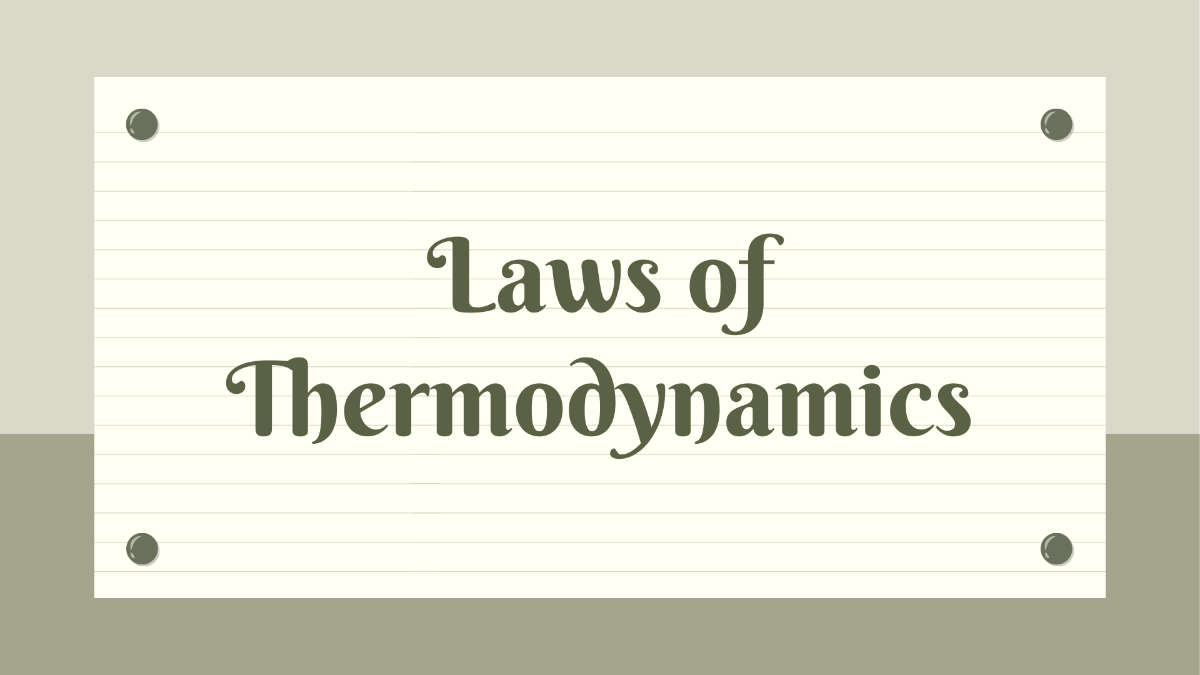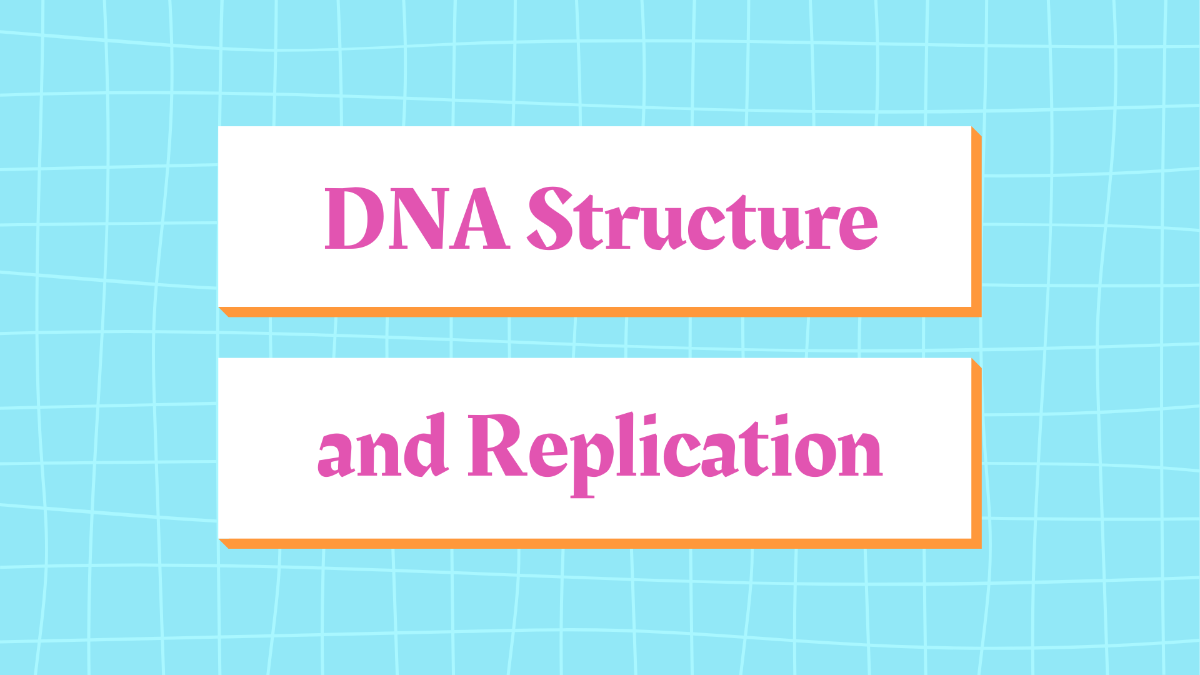Constructivist Methodology
Prepared By: [YOUR NAME]
Date: [DATE]
I. Introduction
The focus of the research problem is to understand how individuals construct knowledge and meaning within specific contexts. By employing a constructivist approach, this study aims to delve into the participants' subjective experiences and interpretations. The constructivist methodology emphasizes the importance of the context and the active role of the learner in the construction of knowledge. This methodology seeks to explore the complex, multifaceted realities that individuals experience and how they make sense of these experiences.
II. Literature Review
The literature review examines the theoretical underpinnings of constructivist theory, including the works of key theorists such as Jean Piaget, Lev Vygotsky, and Jerome Bruner. It also explores empirical studies that have applied constructivist approaches in various fields such as education, psychology, and sociology. Key themes include:
A. Theoretical Foundations
Jean Piaget's Cognitive Constructivism: Piaget's theory asserts that knowledge is actively constructed through interaction with the environment. He identified four stages of cognitive development sensorimotor, preoperational, concrete operational, and formal operational each representing different levels of complexity and adaptation.
Lev Vygotsky's Social Constructivism: Vygotsky stressed the importance of social interactions and cultural context in cognitive development, and his Zone of Proximal Development (ZPD) concept underscores the significance of guided support in the learning process.
Jerome Bruner's Discovery Learning: Bruner’s theory promotes active exploration and problem-solving for deeper understanding. He introduced scaffolding, where temporary support helps learners achieve independence, emphasizing inquiry-based learning.
B. Application in Education
Constructivist Teaching Practices: Focuses on active learning through hands-on activities, problem-solving, and collaboration, using techniques like project-based learning and student-led investigations.
Impact on Student Motivation and Engagement: Enhances motivation and engagement by making learning relevant and allowing student choice, leading to deeper understanding.
Challenges and Limitations: Can be resource-intensive, challenging to balance with structured curricula, and difficult to assess with traditional methods. Resistance to new methods may also occur.
C. Application in Psychology
Constructivist Therapy Techniques: Help individuals shape their understanding through methods like narrative therapy, which reframes personal stories, and solution-focused therapy, which utilizes existing strengths. The aim is to empower clients through self-discovery and collaboration.
Understanding Cognitive Development: Constructivist principles explain cognitive development by showing how personal experiences and social interactions influence knowledge and cognitive processes, emphasizing the dynamic and adaptive nature of learning.
D. Application in Sociology
The Social Construction of Reality: Explores how social interactions, language, and cultural norms shape perceptions of reality, highlighting its basis in social processes rather than objective truth.
Cultural Influences on Knowledge Construction: Explores how cultural contexts, values, and social norms influence the creation and interpretation of knowledge, highlighting their impact on shaping both personal and collective understanding.
III. Research Design
The research design is rooted in a qualitative framework, utilizing methods that align with constructivist principles. This involves an interpretive approach where the researcher seeks to understand the phenomena from the participants' viewpoints. Methods include:
A. Qualitative Framework
Interpretive Research Paradigm: Focuses on understanding phenomena through participants' subjective experiences to uncover deeper meanings and insights in their specific contexts.
Context-Specific Inquiry: Focuses on studying phenomena in their natural settings to capture real-world complexities, ensuring findings are relevant and context-specific.
B. Methods for Data Collection and Analysis
Interviews: Utilize in-depth, semi-structured conversations to gather detailed personal insights and perspectives. These interviews allow for flexible probing and exploration of participants' views.
Observations: Involve systematically watching and recording behaviors and interactions in their natural settings. This method provides contextual and behavioral data that complements interview findings.
Case Studies: Focus on detailed, contextual analysis of specific instances or cases. This method integrates multiple sources of data to provide a comprehensive understanding of complex phenomena.
IV. Data Collection
Data collection involves gathering information through various means, ensuring the richness and depth of the data. Common methods include:
A. Interviews | B. Observations | C. Case Studies |
|---|---|---|
|
|
|
V. Data Analysis
Data analysis in constructivist research involves interpreting the data to understand the participants' perspectives and the processes of knowledge construction. Techniques include:
A. Thematic Analysis
Identifying Patterns and Themes: Involves systematically detecting recurring patterns and themes within the data to reveal key insights and overarching concepts.
Using Coding to Categorize Data: Employs coding techniques to organize and classify data into meaningful categories, facilitating the identification of patterns and relationships.
B. Narrative Analysis
Examining Stories and Personal Accounts: Focuses on analyzing personal narratives and stories to understand individual experiences and perspectives.
Understanding the Sequence and Structure of Narratives: Investigates the organization and flow of narratives to uncover how stories are constructed and how meaning is conveyed.
C. Constant Comparison
Comparing Data Across Different Sources and Contexts: Involves systematically comparing data from various sources and contexts to identify similarities and differences.
Identifying Commonalities and Differences: Aims to uncover recurring themes and variations across data to build a comprehensive understanding of the phenomena studied.
VI. Findings
The findings present detailed insights into how participants construct their knowledge and meaning. These findings reflect the complexity of the constructivist perspective and demonstrate the nuanced ways in which individuals engage with their environments. Key findings include:
Participants' personal experiences and backgrounds are pivotal in shaping how they construct knowledge. These factors influence their perspectives and understanding, guiding how they interpret and integrate new information.
Social interactions and cultural contexts are integral to the learning process. They provide the framework within which individuals engage with and make sense of their experiences, deeply impacting their cognitive and social development.
Knowledge is developed through a continuous process of reflection and action. This iterative cycle involves revisiting and reevaluating experiences to refine and expand one's understanding.
VII. Discussion
The discussion section analyzes the implications of the findings concerning constructivist theory. It explores how the results contribute to a deeper understanding of knowledge construction and what this means for practice and future research. Key points of discussion include:
The role of learner agency in knowledge construction: Learner agency is crucial as individuals actively shape their learning processes and outcomes. This autonomy allows learners to take ownership of their educational experiences and adapt their understanding based on personal insights and choices.
Implications for teaching practices and educational design: Effective teaching and educational design must accommodate and leverage learner agency by fostering environments that promote active engagement, critical thinking, and self-directed learning. Incorporating flexible, learner-centered approaches can enhance motivation and deepen understanding.
Grasping the relationship between personal thinking and the surrounding social environment: Recognizing the impact of social interactions and cultural contexts on personal thinking is essential, as this interplay affects knowledge creation, highlighting the need for educational approaches that address both individual and contextual factors to promote holistic learning.
VIII. Conclusion
The conclusion summarizes the research, highlighting its contributions to constructivist theory and practice. It also identifies areas for further study, suggesting that future research could explore:
The influence that digital technologies have on the entire process through which knowledge is constructed and developed.
An examination of the similarities and differences in how constructivist learning processes are implemented and experienced across various cultures.
The purpose of undertaking longitudinal studies is to gain a comprehensive understanding of how an individual's knowledge evolves and develops over an extended period.
In summary, this research provides valuable insights into the ways individuals construct knowledge and underscores the importance of context and social interaction in the learning process.
